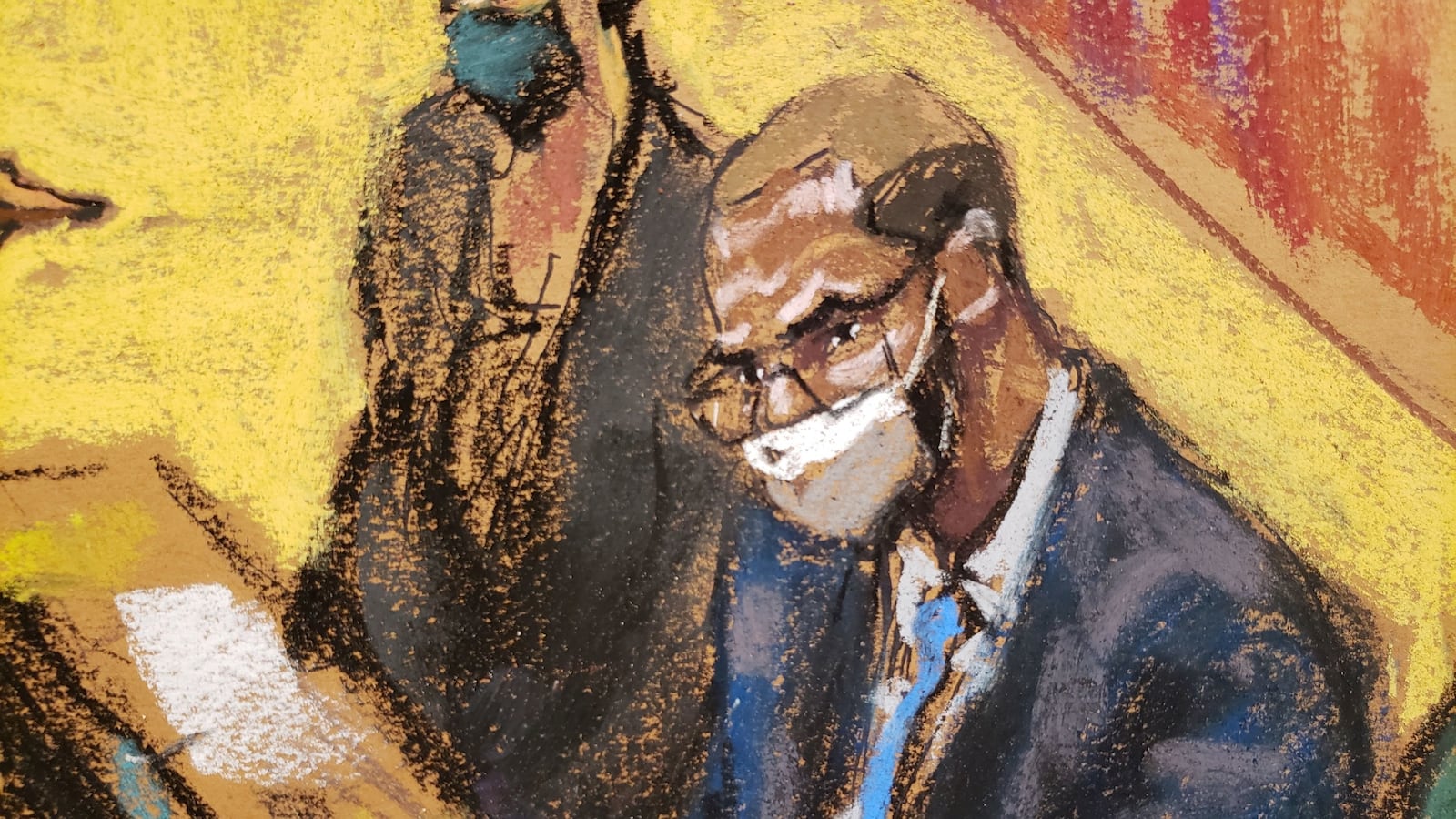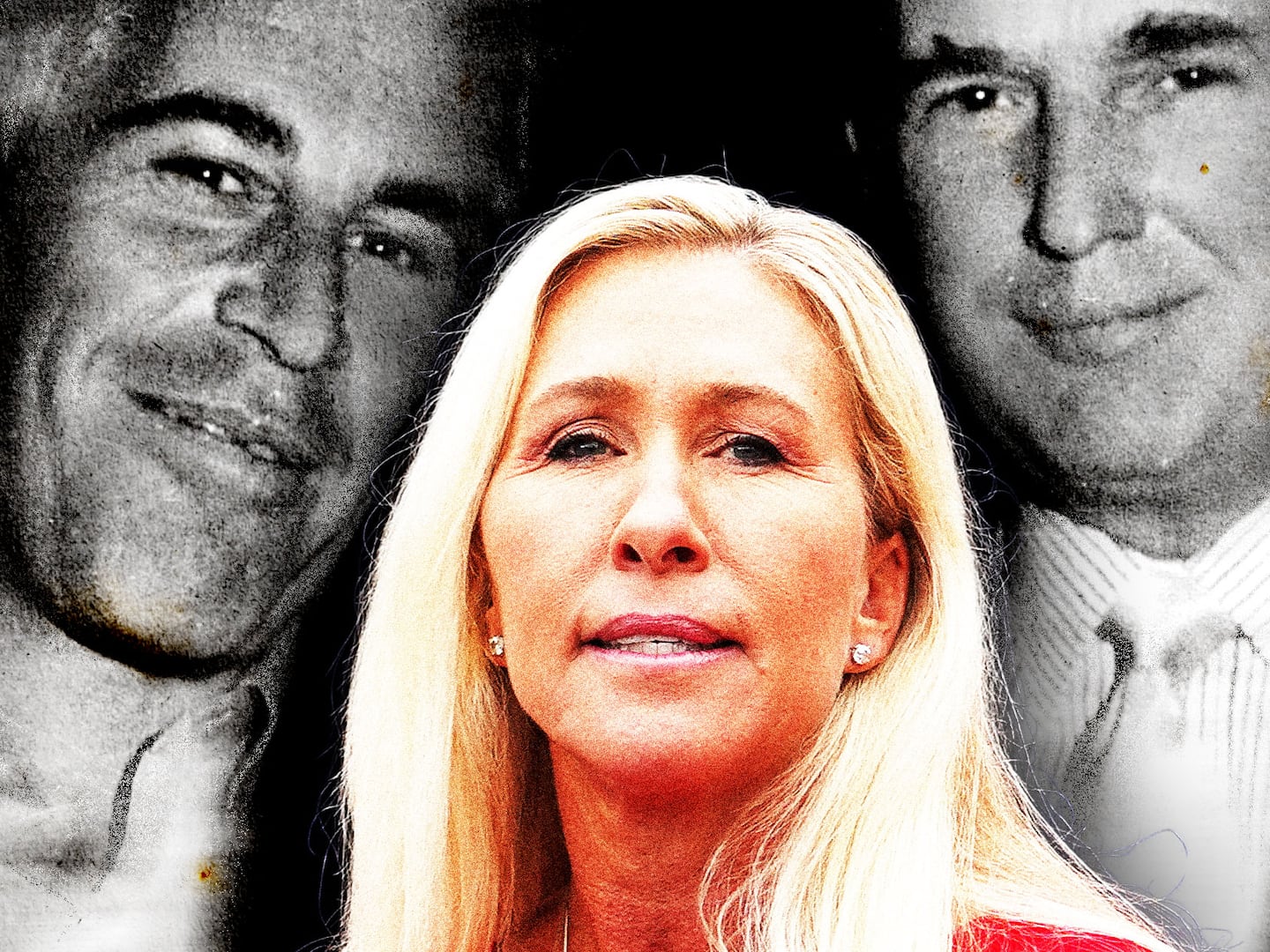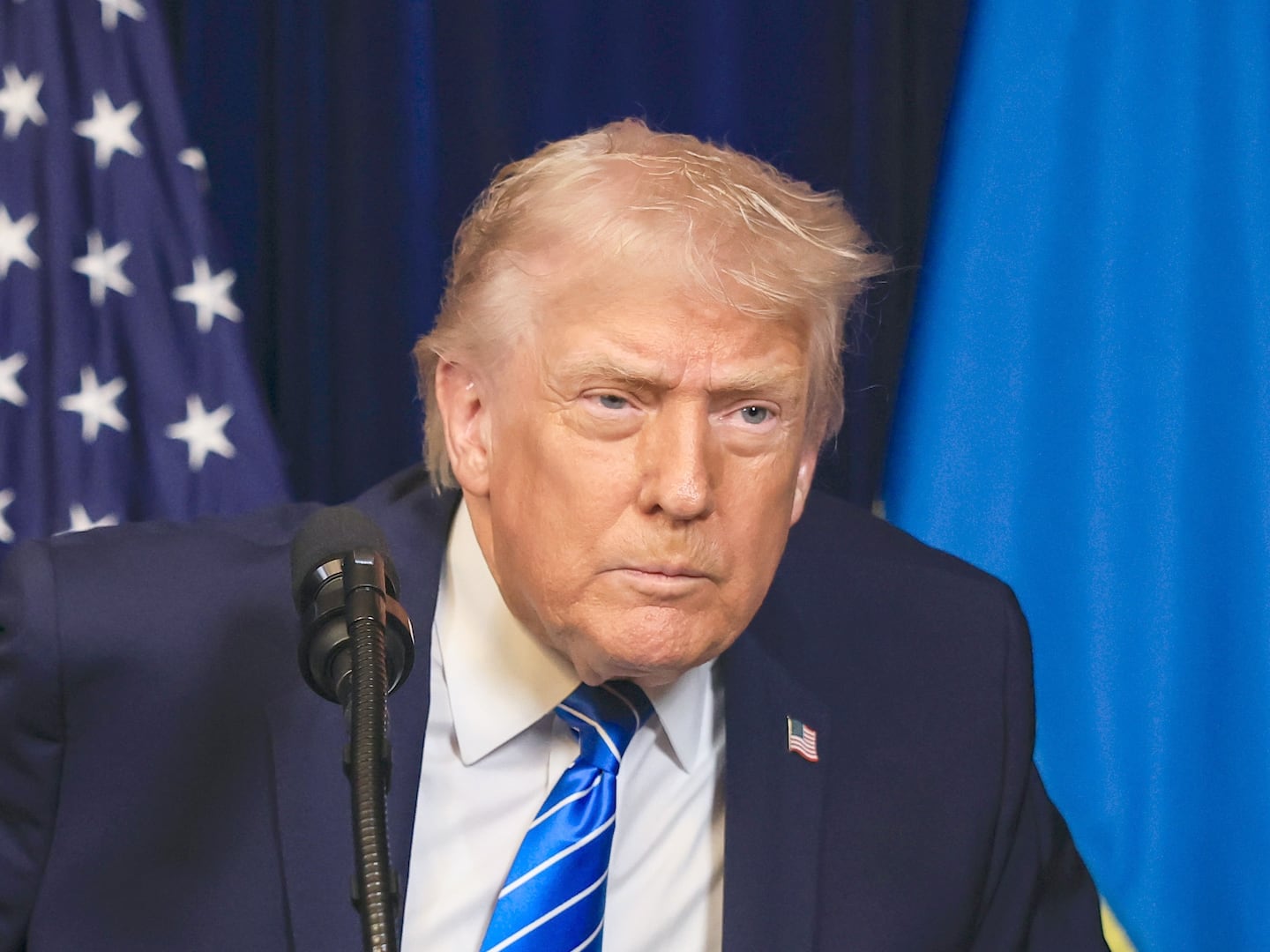R. Kelly manipulated scores of girls, women and men for decades, also including his employees who dutifully followed the singer’s strict rulebook and were “at his disposal,” prosecutors said in closing arguments in the sex-crimes case against the singer on Wednesday.
“For many years, what happened in [R. Kelly’s] world stayed in the defendant’s world,” Assistant U.S. Attorney Elizabeth Geddes told jurors. “But no longer.”
Over the last five weeks, the prosecution sought to prove Kelly was the “leader” of a criminal enterprise made up of his bodyguards, assistants, and employees who believed they were helping the singer in his legitimate career. In reality, prosecutors allege, they were helping him carry out a slew of crimes targeting young girls for sexual violence.
The harping on the group behind Kelly wasn’t just about painting a picture of the singer’s power but also proving the mafia-style racketeering case prosecutors need to make to get a conviction using the Racketeer Influenced and Corrupt Organizations Act, or RICO. If Kelly is convicted, he faces decades of prison time.
Kelly “used his fame, his popularity, and the network of people at his disposal to groom and exploit girls and boys,” Geddes said. “He used his money and public persona to hide his crimes in plain sight.”
Prosecutors allege Kelly, 54, abused at least six women and girls, four of whom were minors when he first had sexual contact with them. Kelly has pleaded not guilty to the nine counts against him, which include racketeering based on kidnapping and sexual exploitation of children and violations of the Mann Act—which prohibits the transport of people across state lines for sex.
“The law recognizes when someone commits a crime as part of a group, he’s more powerful — more dangerous,” Geddes said, before later noting that “without his inner circle, the defendant could not have carried out the crimes he carried out for as long as he did.”
“A conviction in the R. Kelly case, following the successful use of the RICO statute in the NXIVM trial, will embolden federal prosecutors to use racketeering statutes even more,” Neama Rahman, a former federal prosecutor, told The Daily Beast. “They allow Assistant U.S. Attorneys to expand the scope of predicate acts to state crimes and include other members of the enterprise.”
Rahman added that prosecutors met the challenge of proving Kelly was at the helm of a criminal enterprise, stating that all the government had to prove was that the singer’s inner circle was a group that acted at his behest.
Over the course of the trial, jurors heard from 50 witnesses from both the prosecution and the defense about the inner-workings of the “I Believe I Can Fly” artist’s personal and professional life. In addition to testifying to alleged criminal conduct, the witnesses—who ranged from former girlfriends to assistants to music executives—detailed Kelly’s nocturnal lifestyle, an affinity for playing basketball in front of an audience, and strict rules the singer made his staff and personal guests adhere to.
To prove Kelly’s nefarious alleged behavior was aided by a criminal enterprise, prosecutors called nine women and two men to detail the abuse they said they endured at the hands of the singer. While only five women who testified were victims of crimes detailed in the federal case, all 11 suggested a bizarre regimen was imposed on them by an entourage working in service of sex crimes.
“Over the past two decades, the names of the individuals have changed. But their roles have remained the same,” Geddes said. “And from the beginning, the defendant has been the leader.”
Almost all of the individuals who testified about sexual abuse were under 18 at the time of the incidents. The Grammy-winning singer has denied the allegations and his defense team has argued that their client’s accusers are simply disgruntled women with “an agenda.”
Kelly declined to testify on his own behalf on Wednesday.
Among the women who testified was Jane, who testified about a harrowing five-year relationship with Kelly that began when she was 17. She said that during the relationship that began in 2015, she was kept in a room for three days after buying the wrong sized Hollister sweatpants and beaten with a size 12 Air Force 1 shoe for lying to the singer. In 2017, she said, the singer also forced her to have an abortion in an effort to “keep her body tight.”
In what was probably the most horrifying moment of the trial, Jane broke down on the stand as she described how Kelly allegedly made her smear feces on her mouth and eat it on video as punishment for disobeying one of his rules.
“He told me to smear it in my face and what to exactly say and to, like, put it in my mouth and act like I liked, enjoyed that,” she told jurors.
Prosecutors also called witnesses to prove Kelly bribed an Illinois government employee in 1994 to obtain a fake welfare ID to marry Aaliyah after finding out the teenager was pregnant.
On Wednesday, Geddes took it a step further, arguing that the true reason Kelly wanted to marry Aaliyah was to make sure “she would get an abortion.” At the time, the “Princess of R&B” was 15—and Kelly was 27.
“No baby, no jail,” Geddes added.
Demetrius Smith, Kelly’s former tour manager, also testified that Kelly’s relationship with Aaliyah began soon after the singer took the young artist under his wing in the early 1990s. Kelly helped Aaliyah cultivate her sound, Smith said and helped produce her debut album, the disturbingly titled “Age Ain’t Nothing but a Number,” in May 1994.
To prove his loyalty to Kelly and stay in the singer’s inner circle, Smith admitted to jurors that he bribed a welfare official with $500 to obtain an ID for Aaliyah—which did not even show a birthday. Nonetheless, a Cook County marriage clerk accepted the identification.
“Just because you have one of your henchmen do your dirty work doesn’t make you any less responsible,” Geddes said.







